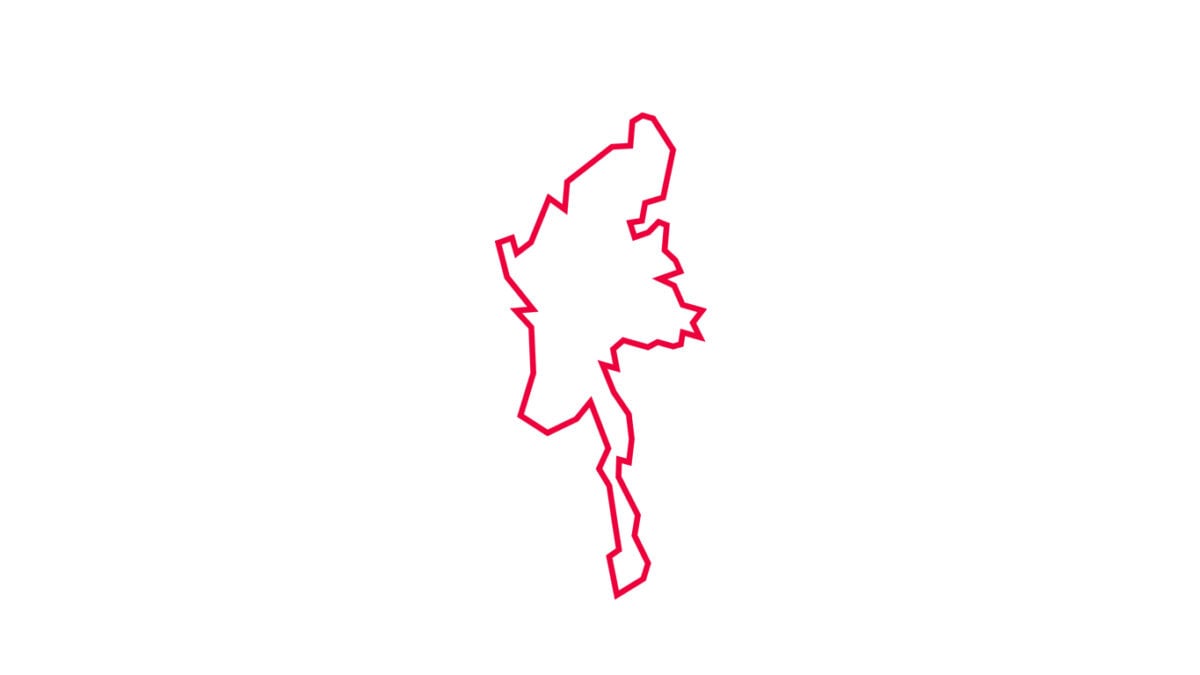
Myanmar activates national conscription law
On 10 February 2024, the military council announced a conscription law that makes young men and women subject to military service if called up, effective immediately.
According to the law, male citizens between 18 and 45 years of age and female citizens between 18 and 35 years of age must serve in the military for a minimum of two years. As a result of the military regime facing setbacks against resistance forces, the military starts drafting 60,000 young men and women yearly for military service. Forced recruitment of soldiers in Yangon, Mandalay, Sagaing and Ayarwaddy regions is already taking place. Since 14 February, local news stated that more young people were arrested in Yangon. A military spokesperson announced that after collecting data from now till April 2024, the first batch would be trained starting mid-April, targeting 5000 people per month. Women will be on the 5th batch of training. Workers and students living in foreign countries will also need to return and serve in military service.
Many young people have been trying to leave the country since the announcement, and labour activists warn it could trigger a mass exodus of young people. The military Council has temporarily banned several foreign jobs, including suspending the MOU with Thailand, Japan, Korea, and Singapore.
Impact on the garment industry
We were informed that workers in the industrial zone are fearful about this law, since over 90% of garment workers are between 18-35 years old, and most of them are domestic migrants from different regions. Their detailed information can be easily collected from factories. Since November 2023, we informed you that some workers who come to work late are being pulled over, and forced recruitment of soldiers by local military forces has taken place. Since this law’s activation, workforce data has been collected from factory workers. According to workers, they let the workers fill out the forms without explaining anything, leaving the workers worried and scared.
The above not only means a significant risk for production stability and supply chain disruptions, but it also poses a severe human rights risk. Conscription law, in this context, can be considered a form of forced labour.
What should Fair Wear brands that source in Myanmar do?
- We call upon member brands active in Myanmar to re-assess their sourcing policy for Myanmar. This development will significantly impact your due diligence responsibility; the linkages between your suppliers and the military regime is undeniable. Sustaining these practices will go directly against the UN Guiding Principles.
- In the process of responsible disengagement, member brands should collaborate with their suppliers to carefully consider if the safety and security situation of workers. Particularly ensuring workers should not work overtime.
- Suppliers can no longer ignore the request to submit workforce data to military officials. However, suppliers might be able to demonstrate they need the workforce, a message that can be backed by their international customers.
- Take this into consideration in demonstrating your HRDD implementation when submitting your progress reports to Fair Wear.
Fair Wear stands in solidarity with everyone affected by the activation of this law.
Read Fair Wear’s policy on business in Myanmar here.



